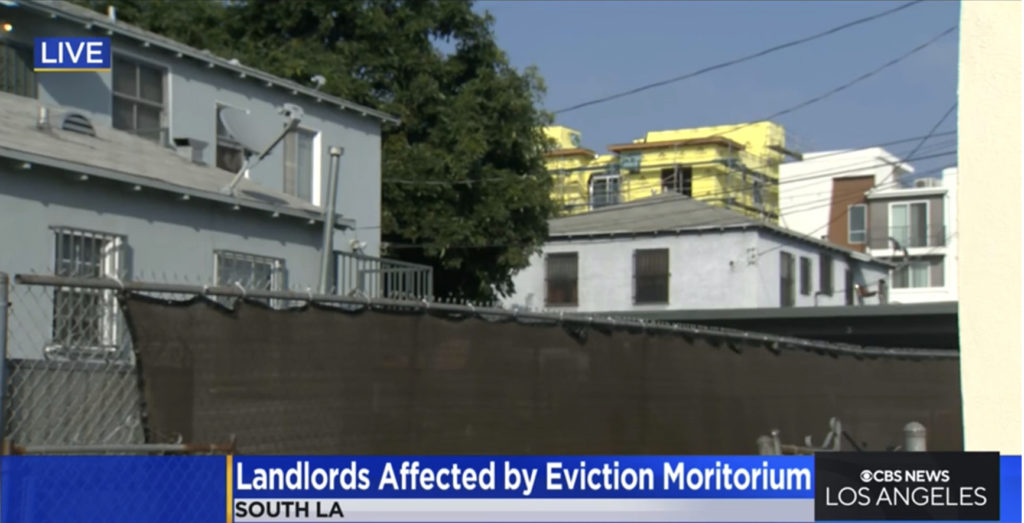BY KRISTINE LAZAR, CBSLA STAFF
OCTOBER 6, 2022 / 4:47 PM / CBS LOS ANGELES
Lining the sidewalk off of Exposition Boulevard is a row of triplexes, most of which are owned by mom-and-pop landlords.
“I moved into the area in ’83,” said Linda Samm.
Fifteen years later, Samm decided to become a landlord, purchasing one of the triplexes lining the boulevard in South Los Angeles. She lives in one unit and rents out the other two. It was a way for her to retire until the pandemic hit and one tenant stopped paying rent.
“We are the last one on the totem pole to be considered,” said Samm. “I don’t know why people think we have so much money. I scraped to get this building.”
Samm says she received back rent from the state’s housing is key program but that only paid her through march. Since then, she is out more than $10,000 in rental income while still having to pay her mortgage.
“It means having difficult repairing things,” said Samm. “It means not being able to eat decently. It means that now I have to go to the church to get food.”
Earlier, this week, the L.a. City Council voted to end the eviction moratorium at the end of January, but tenants will have until at least August to start paying back.
Rent increases in rent-controlled buildings like Samm’s won’t be allowed until 2024.
“It’s really unsustainable when you think about the increased price of utilities, maintenance,” said Diane Robertson. “Small mom-and-pop landlords are facing increased prices due to inflation just like everyone else.”
Robertson is one of the founding members of the coalition of small rental property owners, she owns a duplex and four-plex in South L.A. She said many of her members are looking to sell and cut their losses.
“We are very convinced that it’s the corporate owners who will be waiting in the wings to buy up these properties at reduced prices,” she said.
Landlord Owen Smith owns two triplexes in South L.A. Next to his properties, small apartments have been leveled and replaced with high-density housing, owned by big developers.
“I am ready to get out of the business,” he said
If Smith leaves the business so will his affordable rent. He charges $860 for a one-bedroom apartment but with four tenants not paying rent he said he can’t afford to remain a landlord.
“The government doesn’t realize that with a stroke of the pen they can turn my world upside down,” he said.
Supporters of the moratorium say the reason our homeless count only increased less than 2% from 2020 to 2022 was because of the eviction moratorium.
Kristine Lazar is an Emmy Award-winning investigative reporter for CBS2 and KCAL9 News. Kristine graduated Phi Beta Kappa from UC Berkeley, after growing up by the beach in San Diego.
First published on October 6, 2022 / 4:47 PM
© 2022 CBS Broadcasting Inc. All Rights Reserved.

